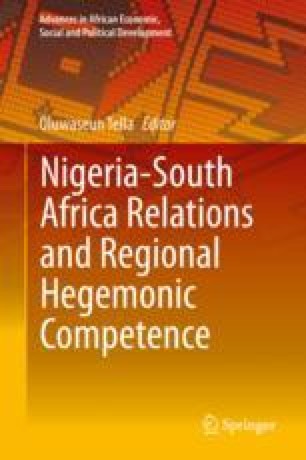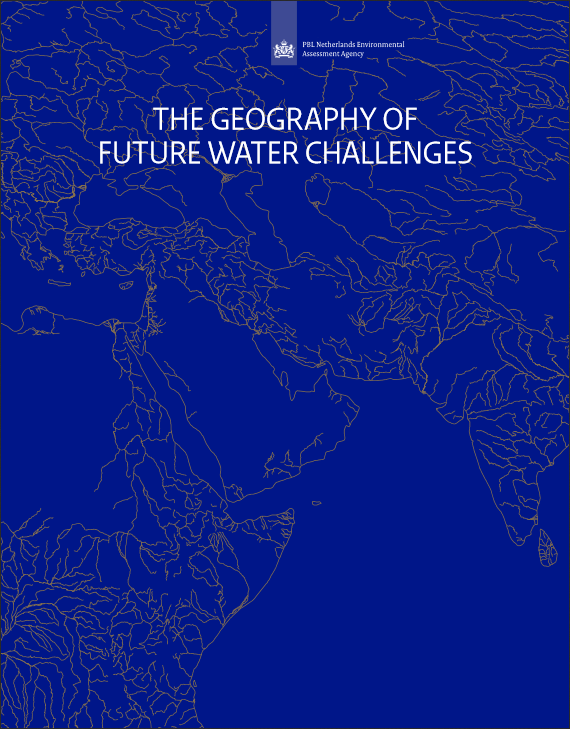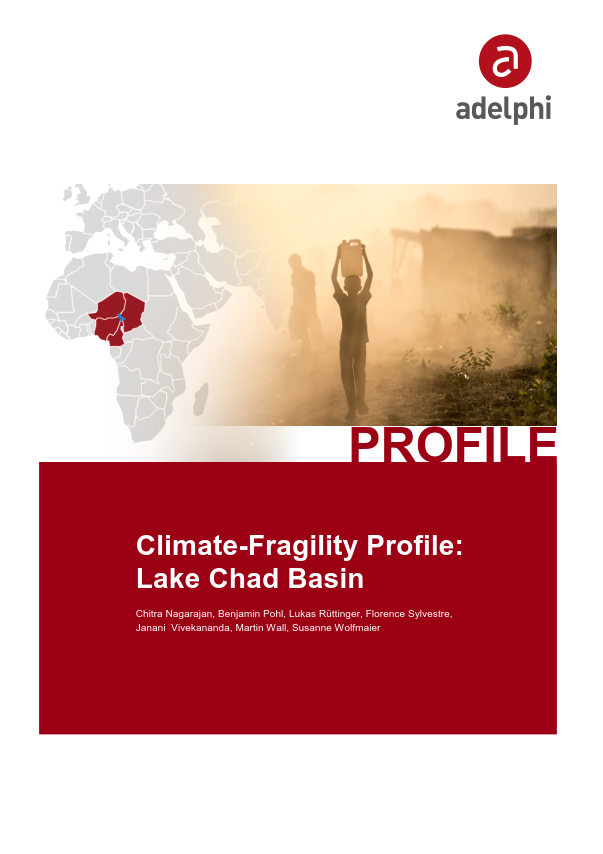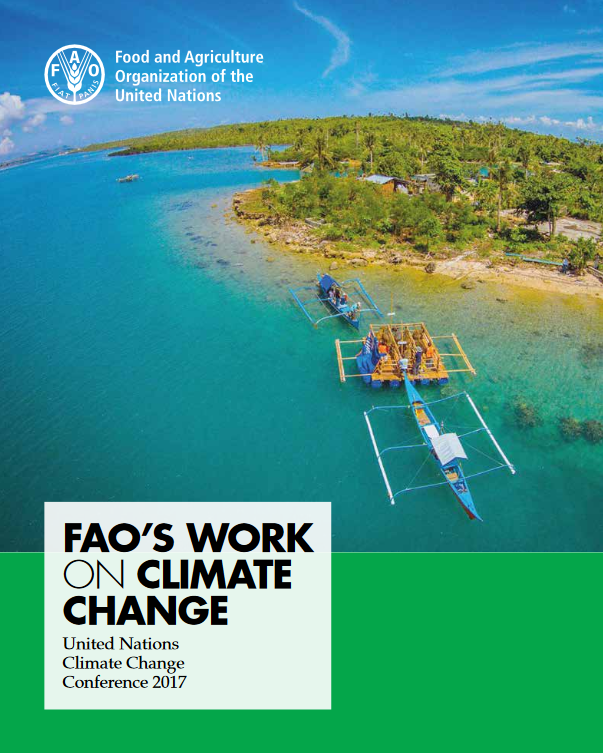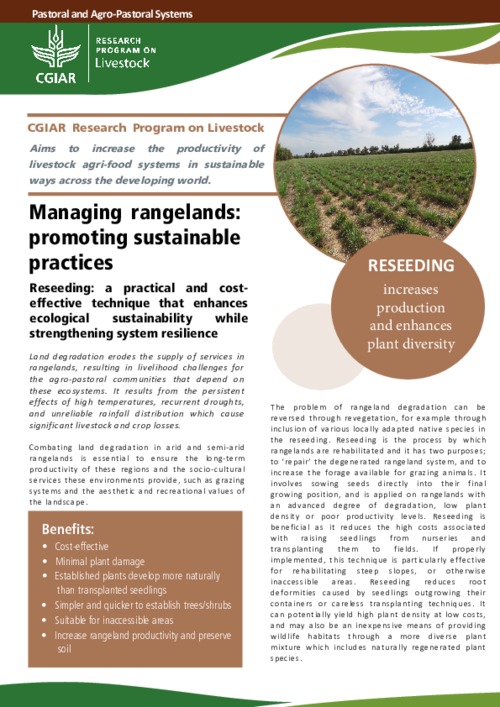Metadata on SDGs Indicator 11.7.1
Goal 11: Make cities and human settlements inclusive, safe, resilient and
sustainable.
Target 11.7: Providing universal access to safe, inclusive and accessible,
green and public spaces, in particular for women and children, older
persons and persons with disabilities.
Indicator 11.7.1: Average share of the built-up area of cities that is open
space for public use for all, by sex, age and persons with disabilities
Climate Change Adaptation and Conflict Prevention: Innovation and Sustainable Livestock Production in Nigeria and South Africa
The interface between environment and conflict has gained traction in policy and security circles in recent times. Growing scholarly interest on the linkage stems from increasing awareness on the role climate change plays in precipitating resource contestations and conflict over depleting natural resources, particularly in poor regions. Such impacts sometimes result from secondary consequences of environmental decline and resources scarcity which give rise to stiff competitions over access to available resources.
ICARDA Annual Report 2017: Pathways to impact for building thriving and resilient communities in dry areas
Widespread heat waves, floods, and droughts last year were a strong reminder of the threats posed by climate change. In the non-tropical dry areas where ICARDA works we are becoming accustomed to record high temperatures and increasing water scarcity year on year. Resilience and climate change adaptation are at the heart of ICARDA’s new Strategic Plan 2017-2026 – a bold and ambitious effort to harness cutting-edge science and deliver the tools and technologies that smallholder farmers need to maintain agricultural production and protect their livelihoods.
The geography of future water challenges
This new report by the PBL Netherlands Environmental Assessment Agency in collaboration with the Clingendael Institute and other Dutch research institutes points to pressure on security and migration arising from too little, too much or polluted water. Many integrated solutions are possible to divert this trend towards a sustainable and climate-resilient world.
Climate-Fragility Profile: Lake Chad Basin
This Climate-Fragility profile is envisaged as a first component of a Climate-Fragility Risk Assessment process. It summarizes the key challenges the Lake Chad region is experiencing as a consequence of the interplay between climate change and fragility.
Climate Change and International Security: Resource Guide 2017 - Consolidated Edition
The Climate Change and International Security Resource Guide is produced for the Brussels Dialogue on Climate Diplomacy (BDCD) which consists of a series of informal meetings to exchange information and promote cooperation among European institutions and international organisations active in the nexus between climate change and international, national, human and environmental security.
FAO's Work on Climate Change
Shortly after releasing a report on its climate change strategy in July 2017, the Food and Agriculture Organization (FAO) of the United Nations presents a new report at COP23 - this time focusing on the organization's concrete work on climate change.
Listening to our Land: Stories of Resilience
Productive land is a critical natural asset for rural communities in developing nations, providing them with a wide range of ecosystem resources, such as water, fertile soils, plant and genetic diversity – on which they depend daily for survival. For many communities, the land is also an integral part of their cultural identity, helping to maintain social cohesion and stability, in addition to building resilience to socio-ecological shocks and risks such as those caused by climate change. But land is a vulnerable resource that must be managed and restored to ensure a sustainable future.
Uprooted by climate change: Responding to the growing risk of displacement
Climate change is amplifying the risk of extreme weather disasters by increasing the destructive power of storms and floods. At the same time, rising seas, shifting rainfall patterns, drought and other slow-onset changes are eroding people’s land, natural resources and security, and magnifying existing vulnerabilities.
Managing rangelands: promoting sustainable practices: Reseeding: a practical and costeffective technique that enhances ecological sustainability while strengthening system resilience
The problem of rangeland degradation can be reversed through revegetation, for example through inclusion of various locally adapted native species in the reseeding. Reseeding is the process by which rangelands are rehabilitated and it has two purposes; to ‘repair’ the degenerated rangeland system, and to increase the forage available for grazing animals. It involves sowing seeds directly into their final growing position, and is applied on rangelands with an advanced degree of degradation, low plant density or poor productivity levels.
Rangelands: Improving the Implementation of Land Policy and Legislation in Pastoral Areas of Tanzania: Experiences of Joint Village Land Use Agreements and Planning
Resilience-building planning in drylands requires a participatory, integrated approach that incorporates issues of scale (often large scale) and the interconnectedness of dryland ecological and social systems. In an often political environment that supports small, “manageable” administrative units and the decentralisation of power and resources to them, planning at large scale is particularly challenging; development agents in particular may find it difficult to work across administrative boundaries and/or collaboratively.


